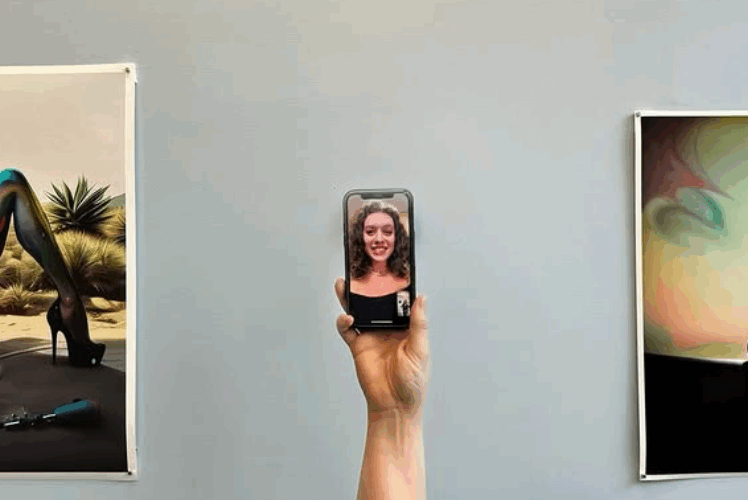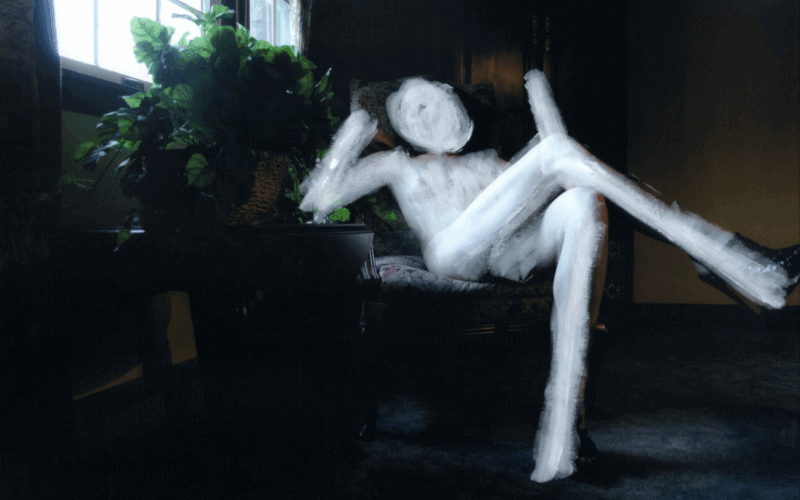Episode 80: The Great Inversion
We conclude section 91 with meditations on thought as anticipatory grasping, the importance of the question of truth, and beyng as the intrinsically turning event. We then discuss the cognitive chain of “thoughts to words to actions” in the light of Charlie Kirk’s assassination not only as liberalism’s justification for violence as a cure to…
Read More








